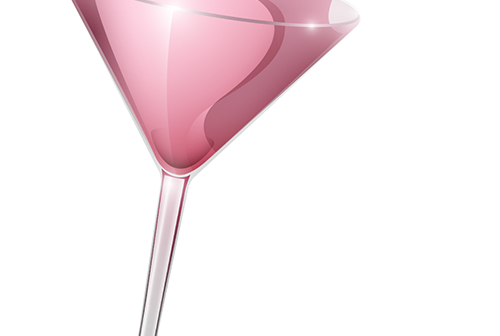
Case Resolution
The workup is negative for other serious causes. You diagnose her with GERD again but give her 20 mL of an antacid without any lidocaine. Her epigastric pain resolves, and she says the medicine tasted much better than last time. You refer her to a gastroenterologist for an outpatient workup.
Explore This Issue
ACEP Now: Vol 39 – No 11 – November 2020Thank you to Dr. Chris Bond, an emergency medicine physician from Calgary, for his help with this review.
Remember to be skeptical of anything you learn, even if you heard it on the Skeptics’ Guide to Emergency Medicine.
References
- Kahrilas PJ. Medical management of gastroesophageal reflux disease in adults. Up To Date website. Accessed Oct. 23, 2020.
- Talley NJ, Vakil N. Guidelines for the management of dyspepsia. Am J Gastroenterol. 2005;100(10):2324-2337.
- Welling LR, Watson WA. The emergency department treatment of dyspepsia with antacids and oral lidocaine. Ann Emerg Med. 1990;19(7):785-788.
- Vilke GM, Jin A, Davis DP, et al. Prospective randomized study of viscous lidocaine versus benzocaine in a GI cocktail for dyspepsia. J Emerg Med. 2004;27(1):7-9.
- Berman DA, Porter RS, Graber M. The GI cocktail is no more effective than plain liquid antacid: a randomized, double blind clinical trial. J Emerg Med. 2003;25(3):239-244.
- Wright SA, Hernandez JMC, Sundar A, et al. If it tastes bad it must be good: consumer naïve theories and the marketing placebo effect. Int J Research Marketing. 2013;30:197-198.
- Kihlstrom JF. Placebo: feeling better, getting better, and the problems of mind and body. Mcgill J Med. 2008;11(2):212-214.
Pages: 1 2 3 | Single Page





No Responses to “Do Antacid Monotherapy or GI Cocktails Work Better for Epigastric Pain?”